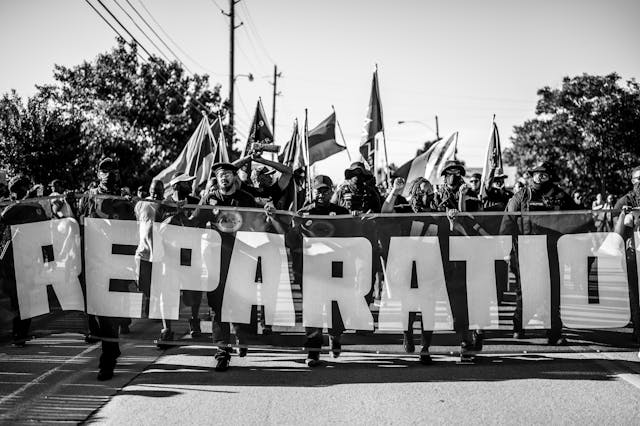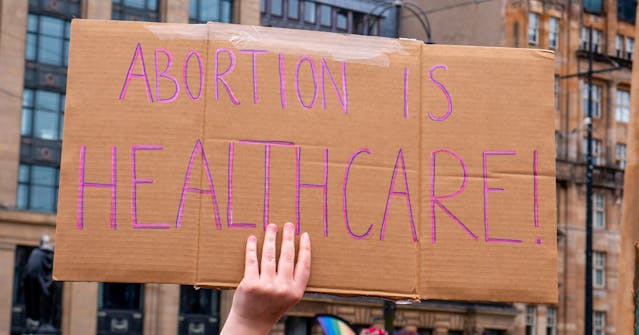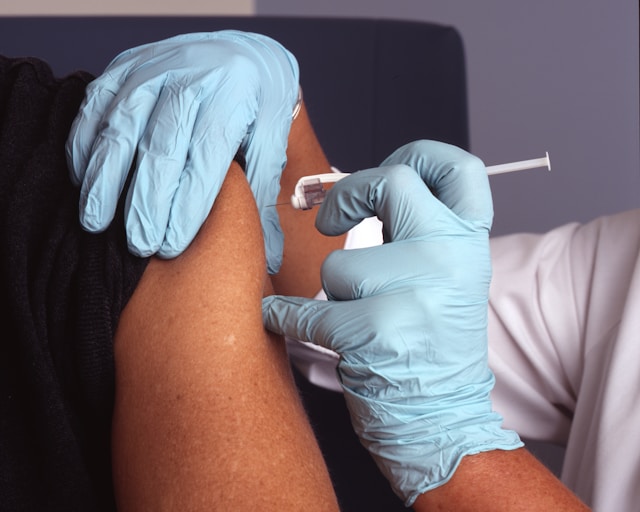
A bill working its way through Congress may prompt federal officials to get a better handle on how transportation projects help or hinder access to jobs, education, and health care.
The legislation, which passed out of a House Committee this week, calls for U.S. DOT to measure “the degree to which the transportation system, including public transportation, provides multimodal connections to economic opportunities, including job concentration areas, health care services, child care services, and education and workforce training services, particularly for disadvantaged populations.” Details of how the proposed metrics work would be determined by U.S. DOT in a formal rule-making process.
Sixty years of highway-centric transportation policies have systematically curtailed opportunity for poor Americans — spreading jobs and housing farther apart and limiting access to employment, especially for people without cars. Even today, projects like the Tampa Bay Express Lanes demolish properties in low-income urban areas to save time for more affluent suburban car commuters. (Read more)








